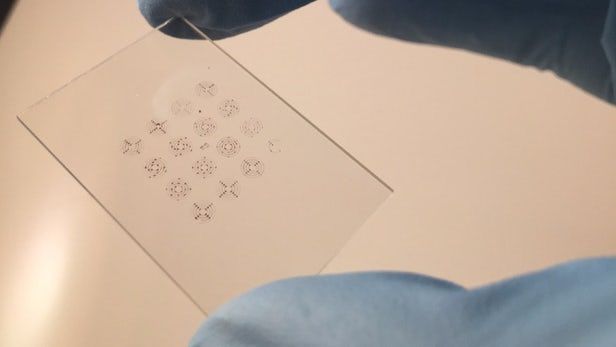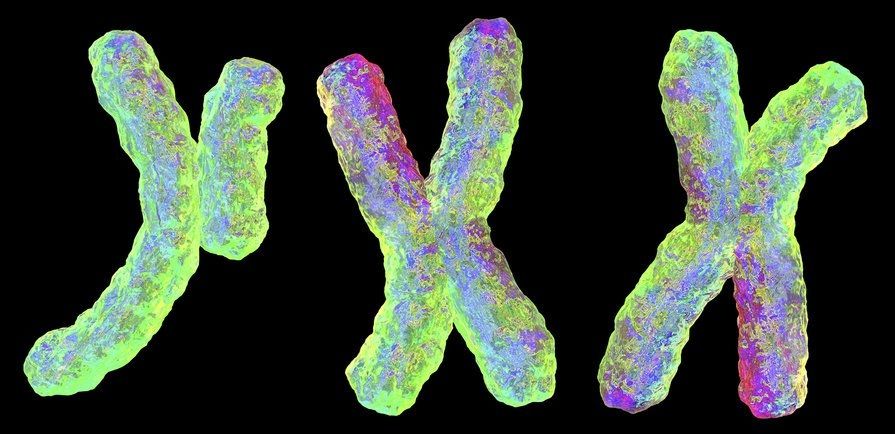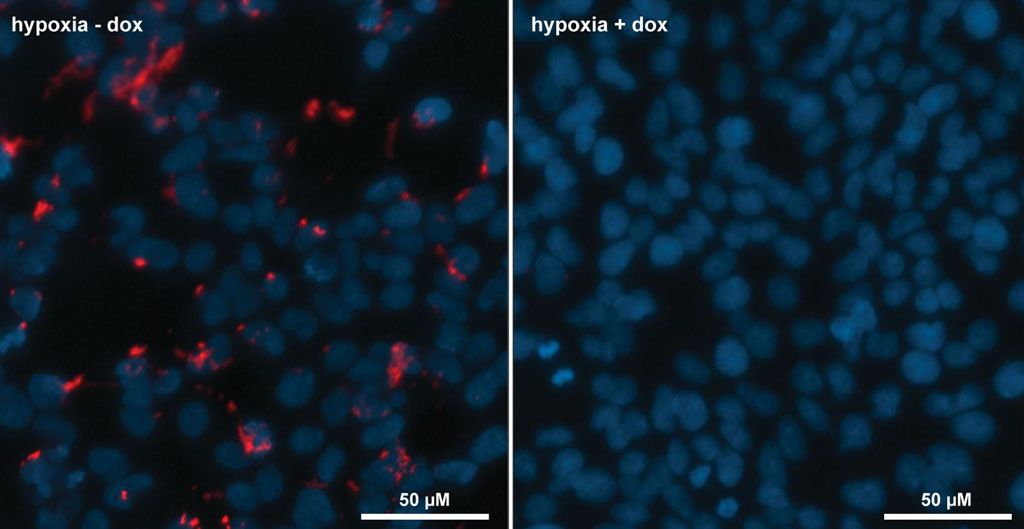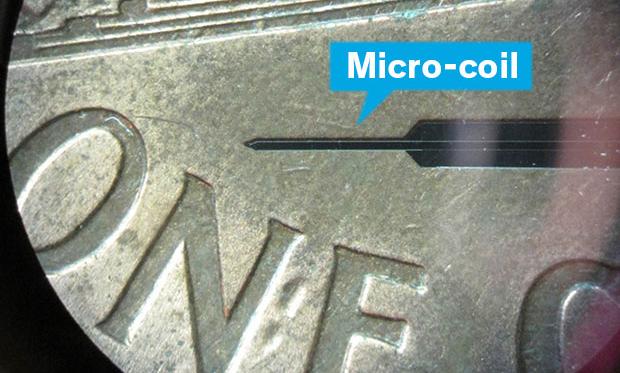Dec 10, 2016
Turning the potential of electronic printables into a real breakthrough
Posted by Shane Hinshaw in categories: engineering, food
Those “sell by” or “best by” dates that you see on food packaging? They’re so last century. In the future, built-in sensors in food labels will not only tell you when a product is going bad but also if you’re storing it correctly. Some might even be able to give you a breakdown of its nutritional data. All this is thanks to developments in the burgeoning world of printable electronics. Now researchers at MIT have invented a printing process that could turn a lot of the potential breakthroughs, such as electricity-generating clothing and smart sutures we’ve been seeing in this space, into an inexpensive reality.
“There is a huge need for printing of electronic devices that are extremely inexpensive but provide simple computations and interactive functions,” says A. John Hart, an associate professor in contemporary technology and mechanical engineering.
While some researchers have been studying the possibility of using inkjet printing and rubber stamping, these techniques have produced mixed results at best, often resulting in fuzzy, coffee-ring patterns or incomplete circuits due to the difficulty of controlling ink flow at such small scales.


















